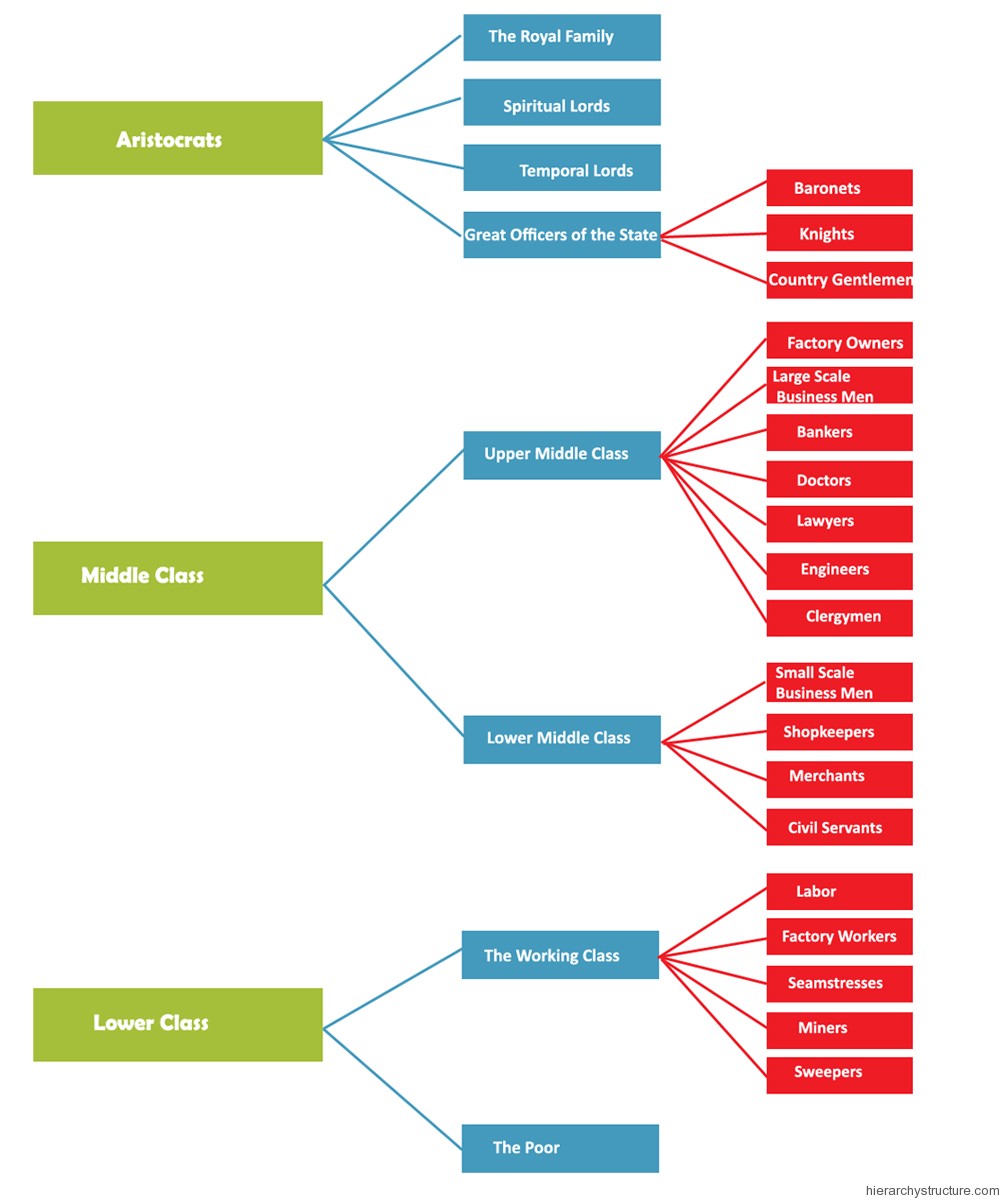Emma Woodhouse- the main star of the show; 21 yrs old, youngest of 2 daughters, thinks "a little too well of herself"
Mr. Woodhouse- Emma's father, widower; valetudinarian (a person who is unduly anxious about their health), dotes on his daughters, especially Emma
Isabella Knightley( previously Isabella Woodhouse)- Emma's big sister, married to John Knightley, mother of 4
John Knightley- younger brother of George Knightley (referred to as Mr. Knightley)
George Knightley (Mr. Knightley)- Emma's close friend, points out Emma's faults
Mrs. Weston (previously Ms. Taylor)- Emma's former governess and mentor
Mr. Weston- Ms. Taylor's husband, step-father to Frank Churchill
Miss Bates- respected, poor, not-so-bright member of the community
Mrs. Bates- Miss Bate's mother, widow of previous village vicar
Harriet Smith- new friend of Emma, natural daughter of somebody (nobody?), pretty, but not clever, boarding with Mrs. Goddard, mistress of the boarding school
Mr. Elton- village vicar. (Side note: he annoys me)
Mr. Martin- village farmer, suitor of Harriet Smith
Discussion
A lot happens in these chapters (Ms. Taylor gets married, Emma and Harriet become friends, Emma convinces Harriet to refuse Mr. Martin and pursue Mr. Elton, Knightley frowns upon all). I'd like to focus on the friendship between Emma and Harriet. I know Knightley said, "this great intimacy between Emma and Harriet Smith....I think it a bad thing" (28 Kindle). He continues with "I think they will neither of them do the other any good" (29K). Knightley, as much as I hold you in much higher regard because of your sensibility, here I must disagree with you. Even though Harriet is a fool and Emma is, well, also a fool, I think they will help each other (yes, I've read the whole thing, but the future aside, I still see how the friendship can be mutually beneficial). Here's my position: Emma is a fool, less so than Harriet, who has no knowledge of anything. Emma has had the advantage of a good teacher, and so while she may mislead Harriet, she will still give Harriet some sense. Emma will learn from her mistakes, for as Mrs. Weston said, one mistake Emma makes is never made again. If she trips up "helping" Harriet, she'll learn to do better in the future. Through the entire endeavor to help Harriet, she will learn some humility and also help herself. Harriet will undoubtedly profit less than Emma, but hey, the book's called Emma, its about Emma, and Emma is the one who we're supposed to be following, not Harriet.
Connection
Emma talks a fair amount about introducing Harriet into "good" society, and while I have some understanding of where all these characters fit in, I decided to do a bit more research for my connection. Here's a chart I found that demonstrates the hierarchy well:
 |
Passage
"Mr. Woodhouse was fond of society in his own way. He liked very much to have his friends come and see him"....."...his horror of late hours, and large dinner-parties, made him unfit for any acquaintance but such as would visit him on his own terms." (13K)
This passage was funny to me--it shows how Mr. Woodhouse is essentially an old hobbit in the form of a man. With that, I shall leave my reader with a picture of this man-hobbit:
 |
~Claire
"man-hobbit" LOVE IT!
ReplyDeleteI've never actually read this book, but you have done an incredible job laying it out on your blog. It seems really interesting, and I love the set up of you blog! I can't wait to see what happens next. :)
ReplyDeleteI like how you found a chart to use for the connection.
ReplyDelete